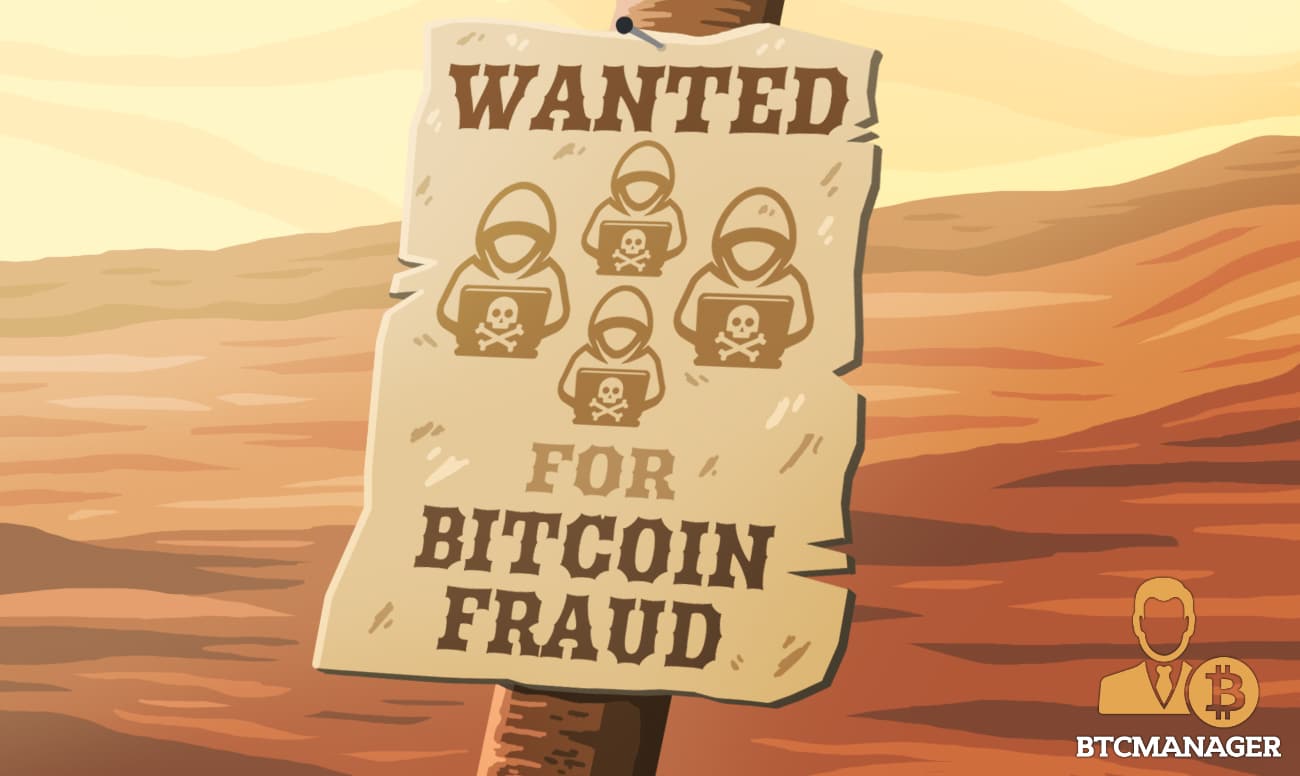Europol to Use Gamification to Tackle Cryptocurrency-Related Crimes

The law enforcement agency of the European Union, Europol, revealed at a recent cryptocurrency conference that it was developing a cryptocurrency game that would train law enforcement agencies on how to trace and investigate virtual currency-related crimes.
According to a press release on June 14, 2019, the agency and stakeholders in the digital currency sector met to discuss the best ways to prevent the illicit use of digital currencies.
Crypto Game to Fight Crypto Crime
Law enforcement agents say criminals can use cryptos to commit a laundry list of crimes.
But all that could change, with the soon-to-be-launched cryptocurrency game by the European Union Agency for Law Enforcement Cooperation (Europol).
At the sixth cryptocurrency conference organized by Europol’s European Cybercrime Center (EC3) on June 12 to 14, 2019, at the agency’s headquarters in the Hague, Netherlands, the crime-fighting agency declared that the development of a “cryptocurrency-tracing serious game” was underway.
Europol further said:
“[The game]will be the first law enforcement training opportunity on cryptocurrency and investigation using gamification. It will allow law enforcement officers to get hands-on training and advice on tracing cryptocurrencies in criminal investigations.”
Although there were no elaborate details provided, the press release stated that the game’s development was a collaborative effort between Europol and Centre of Excellence in Terrorism, Resilience, Intelligence and Organised Crime Research (CENTRIC).
The game is set to launch at the seventh Europol-INTERPOL Cybercrime Conference later in October 2019.
Apart from the announcement of a cryptocurrency game, the crime-fighting agency of the European Union with over 300 digital currency experts from law enforcement and the private sector in attendance also discussed methods to prevent and tackle the illicit use of virtual currencies.
Some private sector attendees from major virtual currency exchanges, wallet providers, and payment processors such as Binance, Bitstamp, Bitfinex, Coinbase, Tether, BitPay, Shapeshift, and LocalBitcoins were in attendance.
The conference, which was to foster cooperation between the private sector and law enforcement, talked about the recent takedown of one of the world’s largest cryptocurrency mixing services, Bestmixer.
In May 2019, the Dutch Fiscal Information and Investigation Services (FIOD) in conjunction with Europol and the Luxemburg police cracked down on the cryptocurrency mixing services, which was allegedly used for criminal activities.
The law enforcement agency of the EU is not relaxing in its efforts to investigate and tackle cryptocurrency-related thefts. In January 2019, BTCManager reported that the agency along with UK and Germany arrested the thief behind the fake IOTA wallet seed generator back in 2017 that stole $11 million worth of IOTA.














